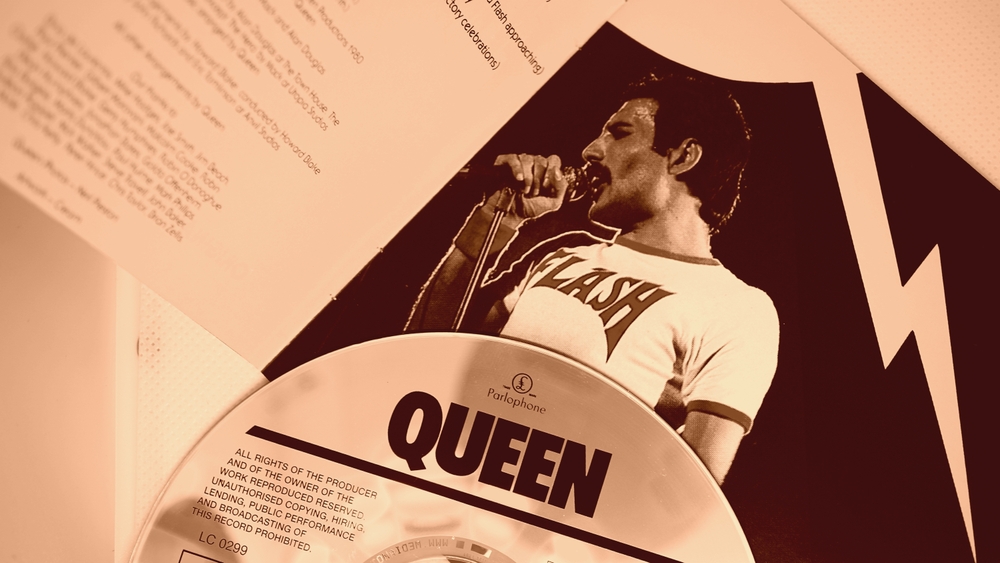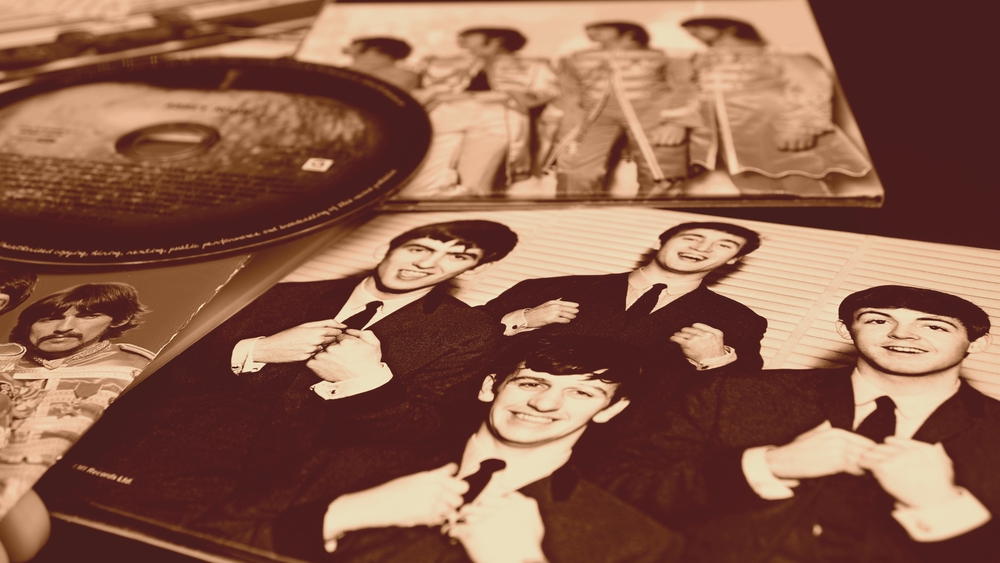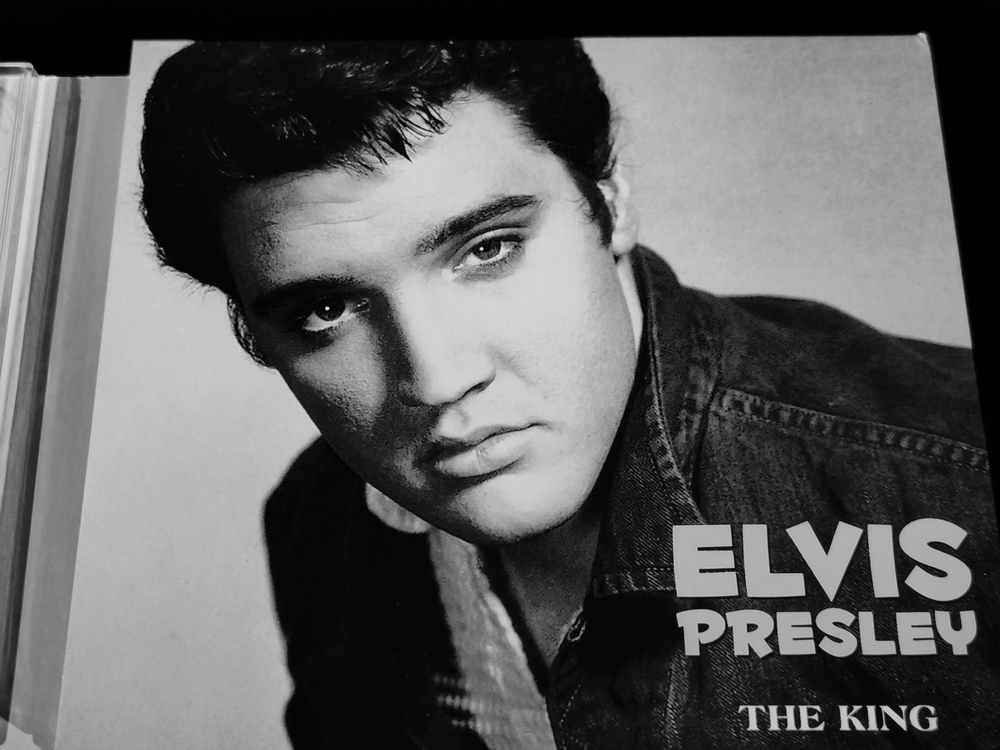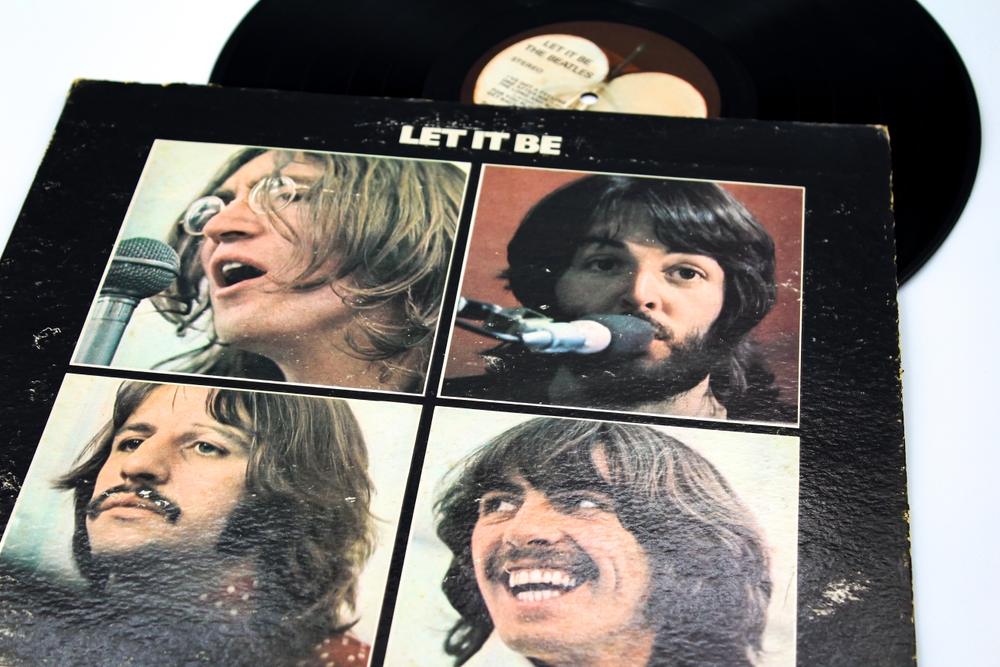Some of these might surprise you!
Others are reading now
Music is a huge part of our lives—we hear it everywhere, from the car to the supermarket, and it can make us cry, dance, or feel absolutely invincible.
But even though we listen to it every day, there are many fascinating and unexpected things about music that most people don’t know.
It has not only shaped our culture and history but also affects our brains and bodies in ways we might never have considered.
Behind the songs we love, there are bizarre connections, fun records, and incredible stories that might change the way we see music.
Research has uncovered some astonishing insights into how music influences us, and technology has transformed the way we experience it.
In this article, we’ll explore some of the most surprising and exciting music facts—things you’ve probably never heard before!
Favorite Music
Also read

According to the Journal of Consumer Psychology, our favorite song is often linked to a significant event or an emotionally meaningful period in our lives.
Hearing that song again can bring back memories and emotions as if we were right back in that moment.
This makes music a powerful emotional trigger that can influence our mood and memories.
Mozart

Mozart sold more albums than Beyoncé in 2016, which might seem surprising to many.
This happened because a record label released a collection of his works in celebration of a major anniversary.
The album contained hundreds of tracks, boosting his ranking on the sales charts.
Music in Space

In 2015, Canadian astronaut Chris Hadfield released the first album ever recorded in space.
The album was recorded aboard the International Space Station, where Hadfield played guitar and sang.
His most famous track is a cover of Space Oddity, which he performed in zero gravity.
The World’s Most Expensive Instrument

A Stradivarius violin was sold for $15.9 million in 2011, making it one of the most expensive musical instruments ever.
Stradivarius violins are renowned for their unique sound and exceptional craftsmanship.
Many experts believe that no modern violin can quite match the tone of these instruments.
Music’s Effect on Babies

A study from the University of Montreal found that babies stay calm twice as long when listening to music compared to when they hear people speaking.
Music has a soothing effect that helps babies regulate their emotions.
Researchers believe that rhythm and melody resemble the sounds babies hear in the womb.
Musicians’ Lifespan

Research from the University of Sydney analyzed around 13,000 famous musicians and found that, on average, they have a shorter lifespan than the general population.
This is often due to lifestyle factors such as stress, touring, and unhealthy habits.
The music industry can be demanding, and many musicians experience intense pressure to constantly perform.
Queen and David Bowie

Freddie Mercury’s biography revealed that the song Under Pressure was recorded during one of their long, wine-fueled nights with recreational drugs.
Studio sessions were often filled with spontaneous moments where music was created in an intense and creative atmosphere.
The song went on to become one of the most iconic collaborations in music history.
Singing in a Choir

A 2013 study from TIME Magazine found that singing in a group reduces stress and anxiety while releasing endorphins.
When we sing together, we create a sense of community and connection.
This is one reason why choir singing has been an important part of many cultures throughout history.
Music as Pleasure

According to multiple studies, the brain releases the same amount of dopamine when listening to music as it does during sex or eating a delicious meal.
Music can create a strong sense of pleasure and satisfaction.
This explains why many people use music to relax or improve their mood.
The Beatles

None of the musicians in The Beatles could read or write sheet music, yet that didn’t stop them from becoming one of the most successful bands in music history.
They created their music based on intuition, collaboration, and experimentation.
Their unique approach to songwriting revolutionized popular music.
The Magical Piano

The piano that Freddie Mercury used to record Bohemian Rhapsody was the same one Paul McCartney played on Hey Jude.
This instrument was part of creating some of the most iconic songs in music history.
It shows how a single instrument can carry a special legacy across generations of musicians.
The Original Version

A study from the Journal of Consumer Psychology found that people don’t necessarily prefer the original version of a song because it was released first but because it was the first version they ever heard.
The first version we are exposed to creates a stronger emotional connection.
This is why covers or re-recordings rarely surpass the original in popularity.
Music Rights

In 1985, Michael Jackson bought the publishing rights to The Beatles’ song catalog for $47.5 million.
At the time, the deal was seen as a smart investment, but no one anticipated how valuable the catalog would become.
Today, it is estimated to be worth over $450 million.
The Happy Birthday Song

The Happy Birthday song was once owned by Warner Music, which for many years charged licensing fees for its use.
In 2008 alone, the company earned $2 million from song rights.
However, after a lawsuit, it was declared public domain, meaning it can now be sung freely.
Music and Mood

A study from the University of Groningen in the Netherlands found that the music we listen to not only affects our mood but also alters our perception of the world around us.
Music can make us see things more positively or intensify negative emotions.
That’s why many people use specific songs to motivate themselves or process emotions.
Music Helps Plants Grow

Yes, research has shown that plants grow faster when exposed to music.
Some theories suggest that sound waves stimulate their growth processes.
While still a debated topic, multiple experiments have shown remarkable results.
Music is more than just entertainment—it shapes our emotions, our memories, and even the world around us in ways we never imagined.


